Zim women wallow in unpaid work: Report

A STUDY commissioned by Southern Africa Aids Dissemination Service (Safaids) and Sonke Gender Justice with the support of GIZ working with the Women Affairs ministry, UNAids and UN Women Zimbabwe, has revealed that women are more involved in unpaid care work than their male counterparts. The Zimbabwe State of Father’s Report, aimed to enhance knowledge […]
Commission on Status of Women CSW68 highlights
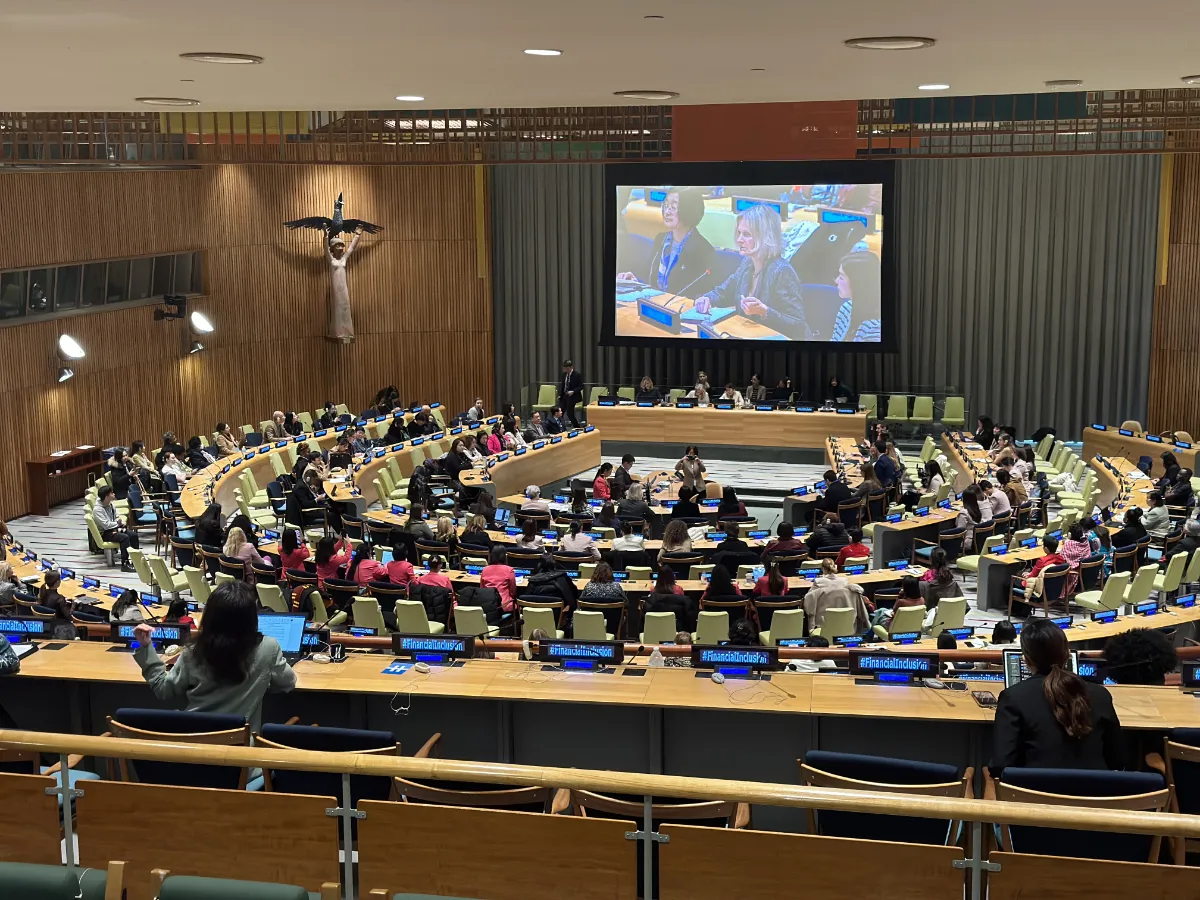
The Commission on the Status of Women (CSW68) concluded its proceedings at the United Nations headquarters in New York on the 22nd of March 2024, after a two week-long session of intense discussions and deliberations. The event brought together representatives from all corners of the world, including government officials, civil society leaders, and advocates for […]
Accelerating gender equality in fragile settings: A focus on women and girls at CSW68
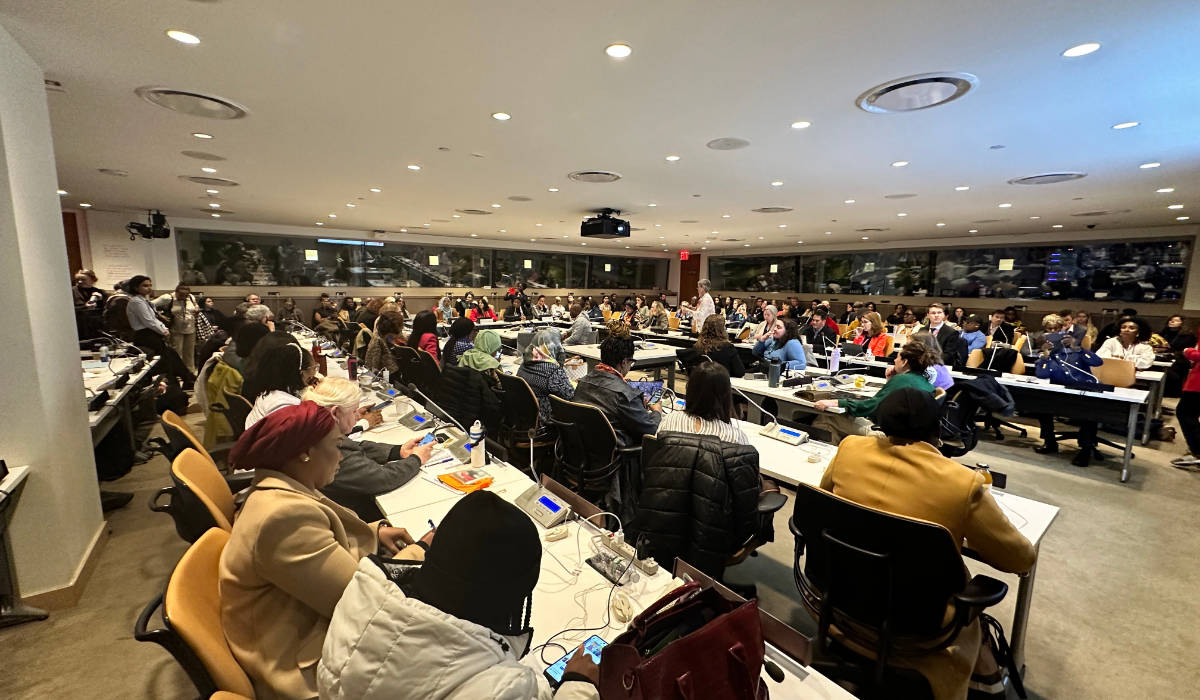
On March 14, 2024, Sonke Gender Justice, MenEngage Africa, the Government of Norway, and Reach Out NGO Cameroon collaboratively hosted a side event at the United Nations Commission on the Status of Women 68 under the theme, “Accelerating Gender Equality in Fragile Settings: A Focus on Women and Girls.” The event aimed to address the […]
Parental leave and beyond: Care policies and informally employed workers at CSW68
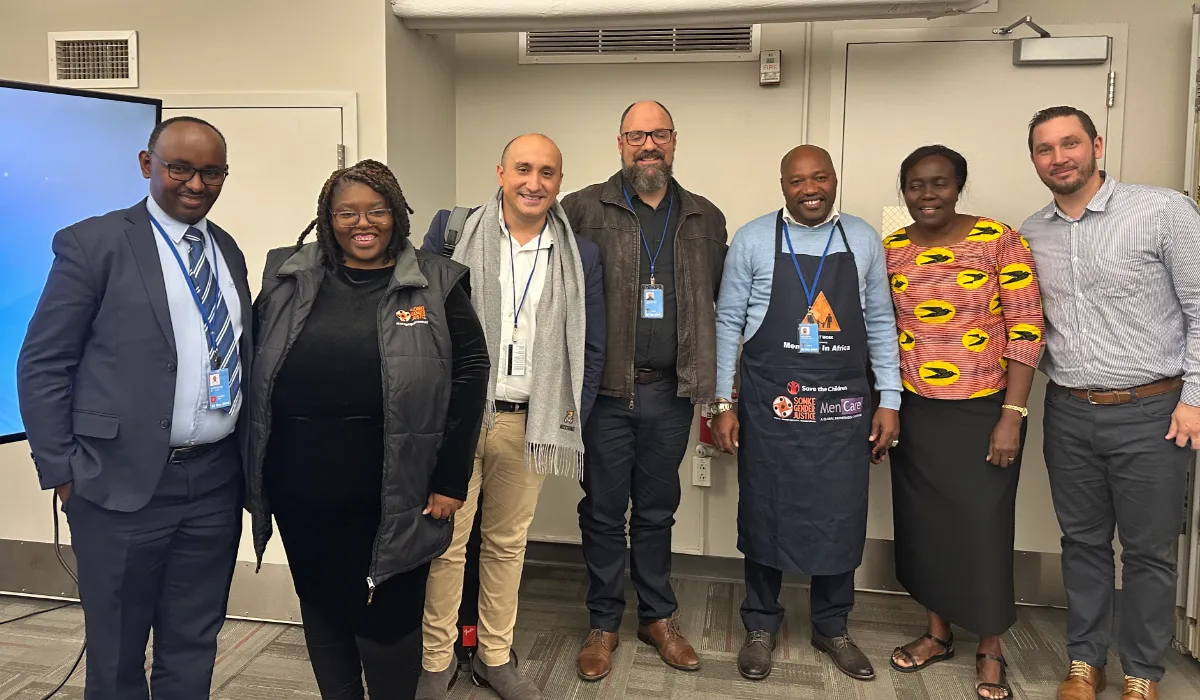
Equimundo and Sonke Gender Justice, in conjunction with RWAMREC and the World Policy Centre, organised a side event at the 68th Session of the Commission on the Status of Women on the 11th of March 2024. This event highlighted the viability and implications of care focused policies for formally and informally employed working parents in […]
Is technology-facilitated gender-based violence real?
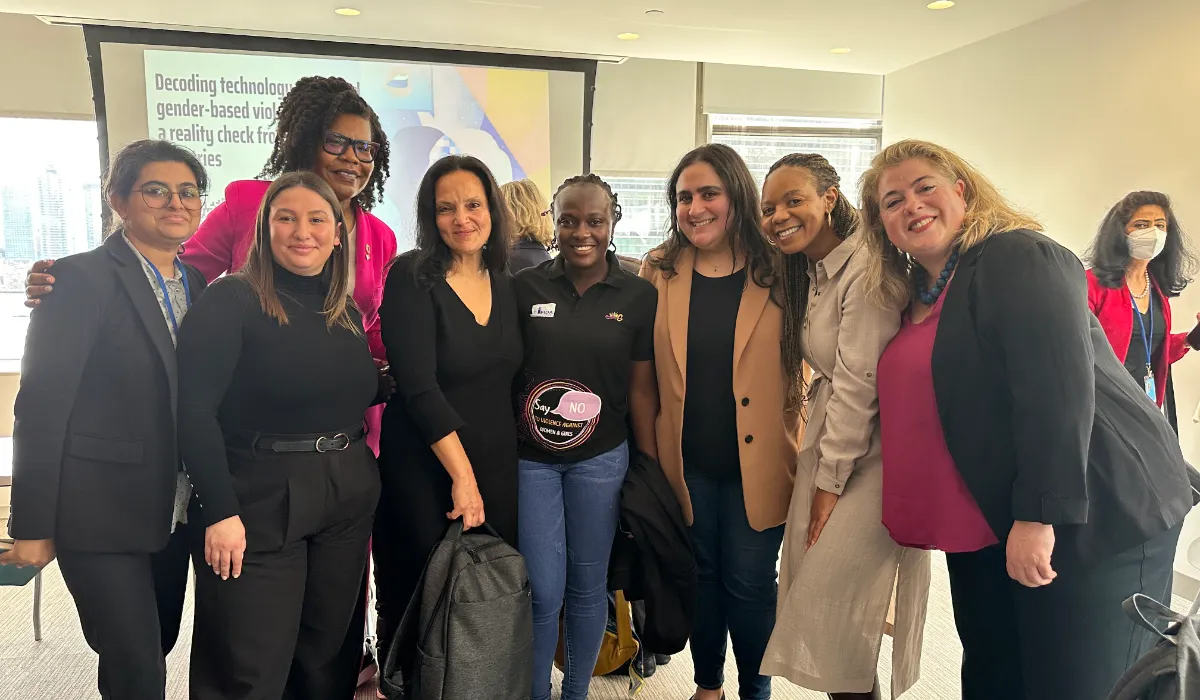
The Generation Gender (GenG) programme has been conducting extensive research around the theme of TFGBV, which has resulted in a report titled Decoding Technology Facilitated Gender-Based Violence, a reality check from seven countries. This study, which will soon be made available to the public, offers a multi-country deep dive that aims at bridging the knowledge […]
Sonke Donor’s Corner: Irish Aid
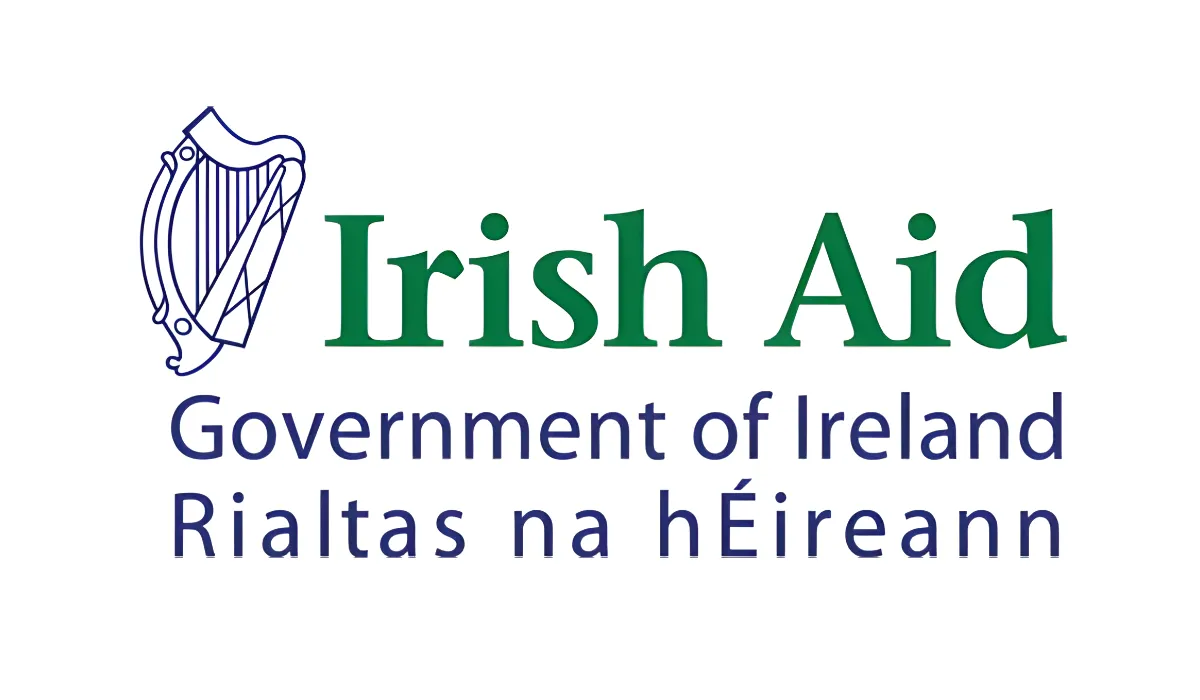
Sonke wants to express its gratitude for funding support from Irish Aid. Irish Aid is the Government of Ireland’s official international development aid programme, managed by the Development Co-operation and Africa Division of the Department of Foreign Affairs. Irish Aid and Sonke Gender collaborated on the Rights, Accountability and Action project in South Africa from […]
Technology-facilitated gender-based violence

Sonke is currently implementing the Transform Digital Spaces to Reflect Feminist Democratic Principles -Transform project, which is a partnership between the organisation, IREX and Makaia. The three-year global pilot initiative, is implemented in Georgia, Guatemala, and Kenya and aims to support practical approaches to prevent, mitigate, and respond to Technology-Facilitated Gender Based Violence. The United Nations Population Fund […]
Sonke Gender Justice and Power To Youth Partners share good practices at CSW68
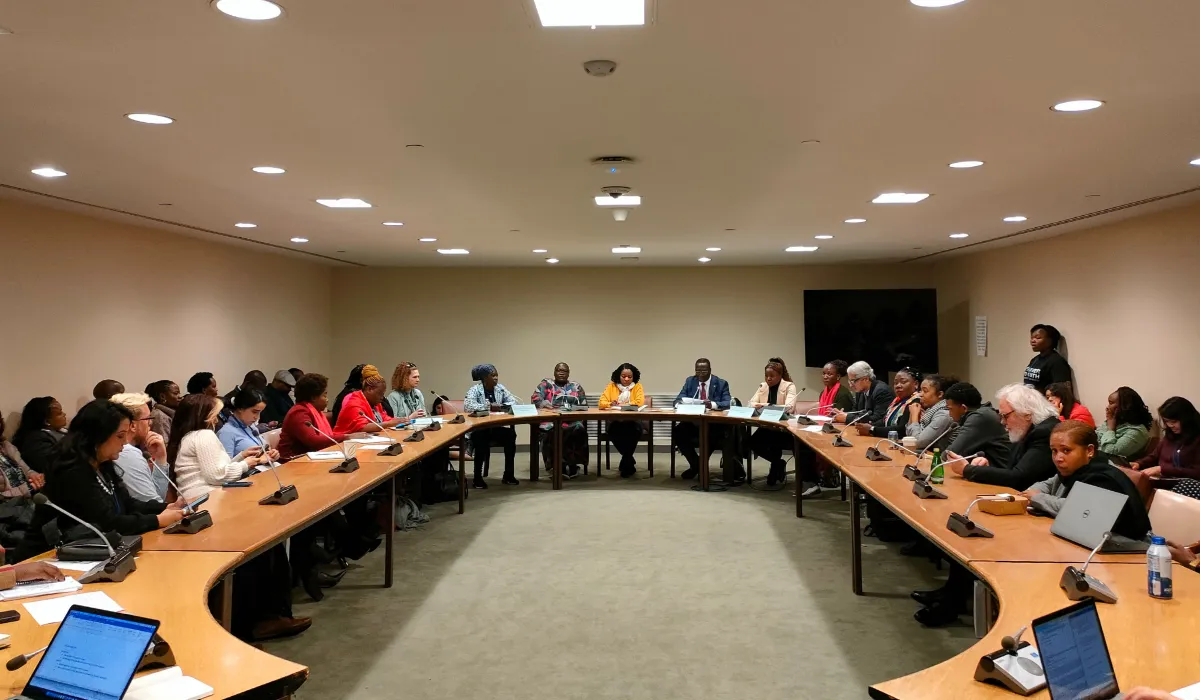
This year’s Commission on the Status of Women 68 featured Sonke Gender Justice and Power to Youth partners’ participation, through side events, at the UN headquarters in New York From the 11th – 22nd March 2024. The participation was aimed at sharing good practices of community interventions, creating linkages, learning and partnership opportunities at the […]
Inkanyezi project implementation in South Africa’s Eastern Cape and Mpumalanga Provinces
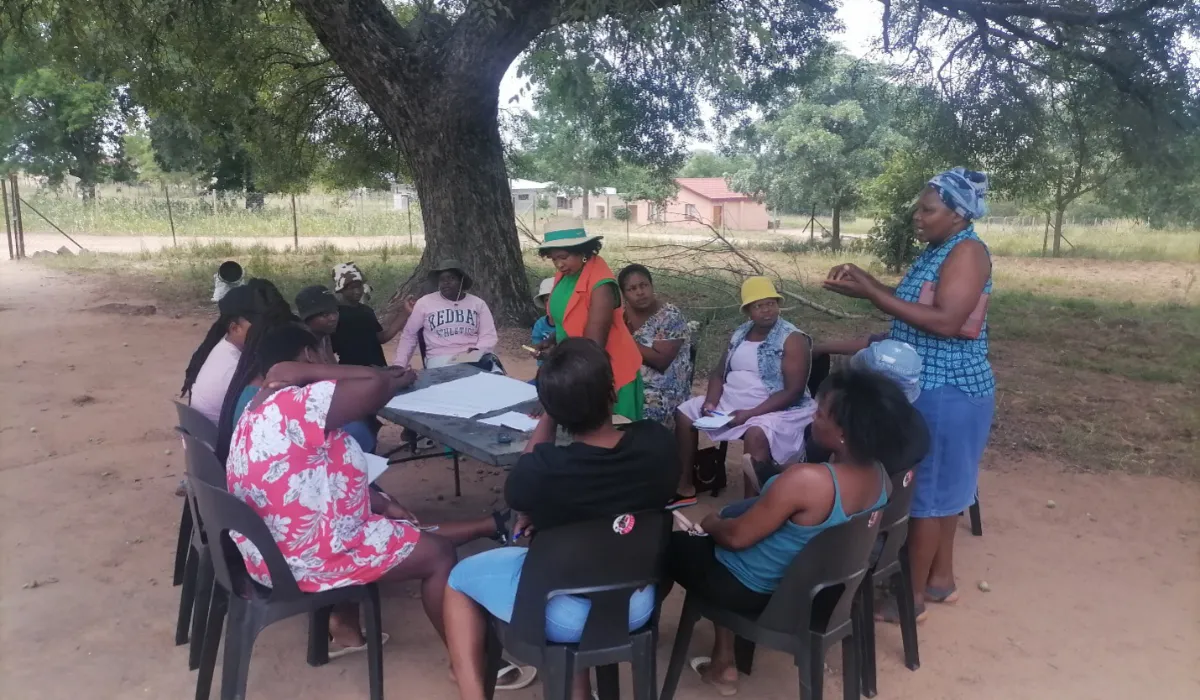
Sonke in partnership with Global Affairs Canada is currently implementing the Inkanyezi project in the Amathole East District of the Eastern Cape, as well as the Ehlanzeni District of Mpumalanga Provinces. The program seeks to strengthen the ability of women leaders from political, traditional, and religious structures to influence local decision-making processes, especially with respect […]
HIV, Human Rights and GBVF workshop
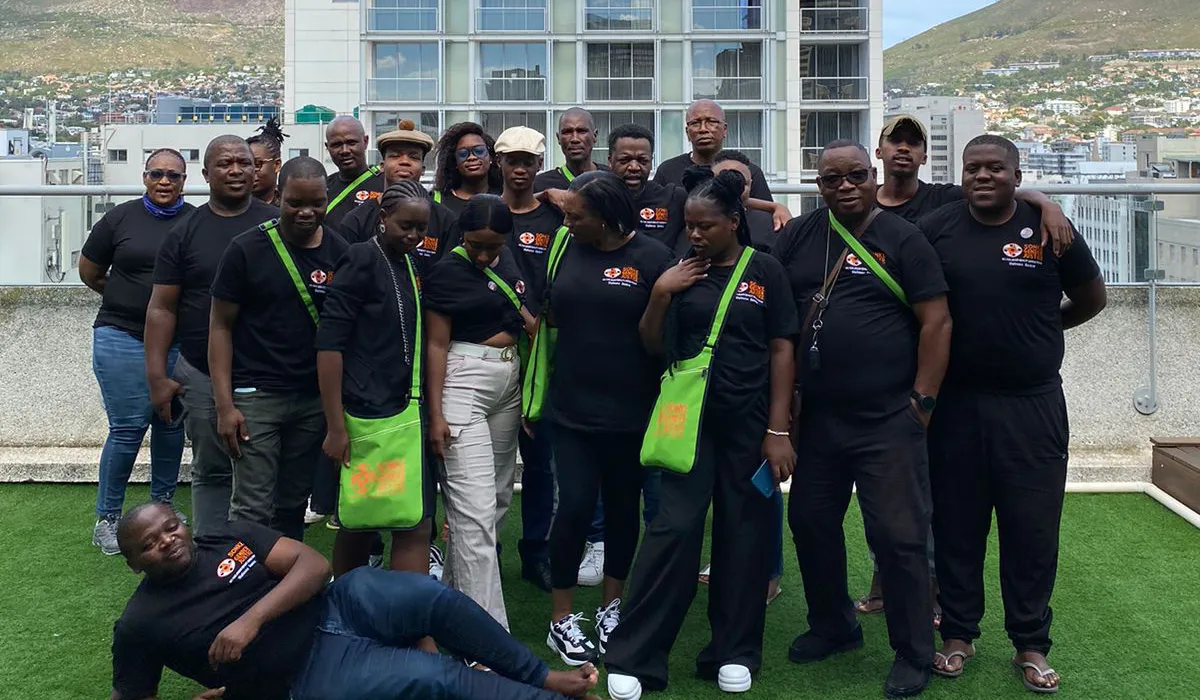
Sonke Gender Justice’s Community Education and Mobilisation unit hosted an HIV, Human Rights and GBVF workshop from the 11th to the 15th of March in Cape Town. The weeklong meeting brought together participants from various sectors including government, media, traditional leaders, and civil society. ‘’The training forms part of the IMS project, whose goal is […]
Sonke and LUX SA partners to fight Everyday Sexism
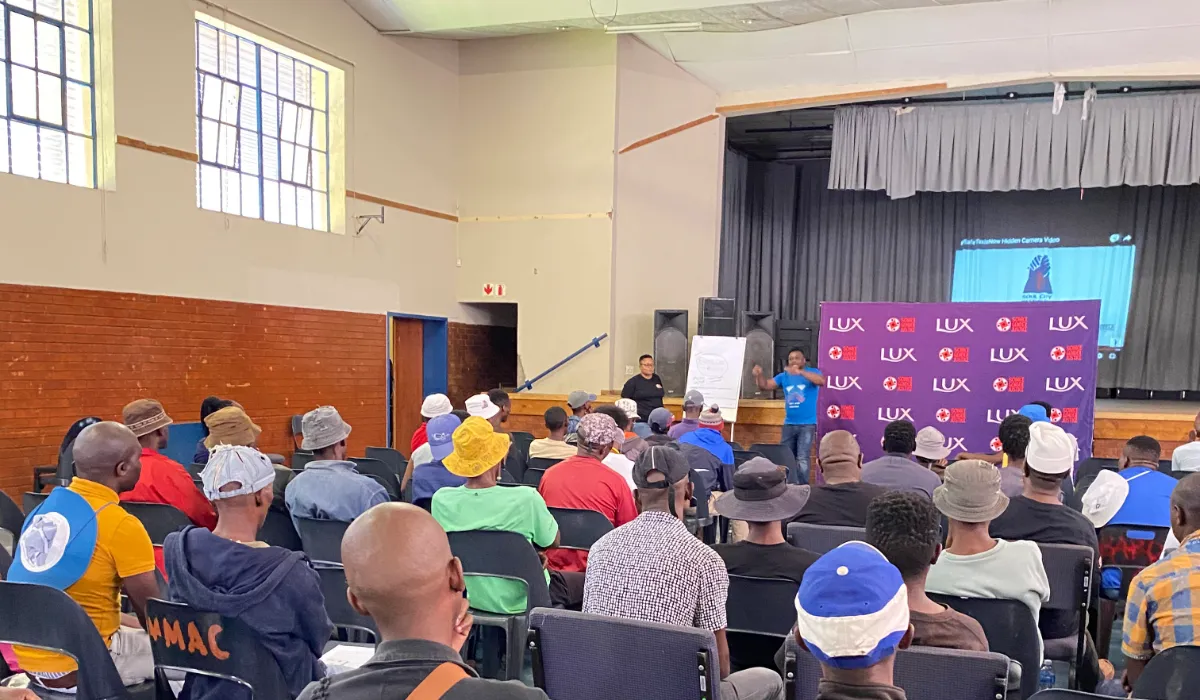
Sonke Gender Justice, Unilever LUX SA and the International Centre for Research on Women collaborated on a campaign to advocate against sexism that women and gender non-conforming persons experience daily. Everyday Sexism is best described as a gender-based prejudice and discrimination based on one’s sex or gender. It can be levelled at anyone, but world […]
Sustainable Independent Media Activity marks International Women’s Day in South Sudan
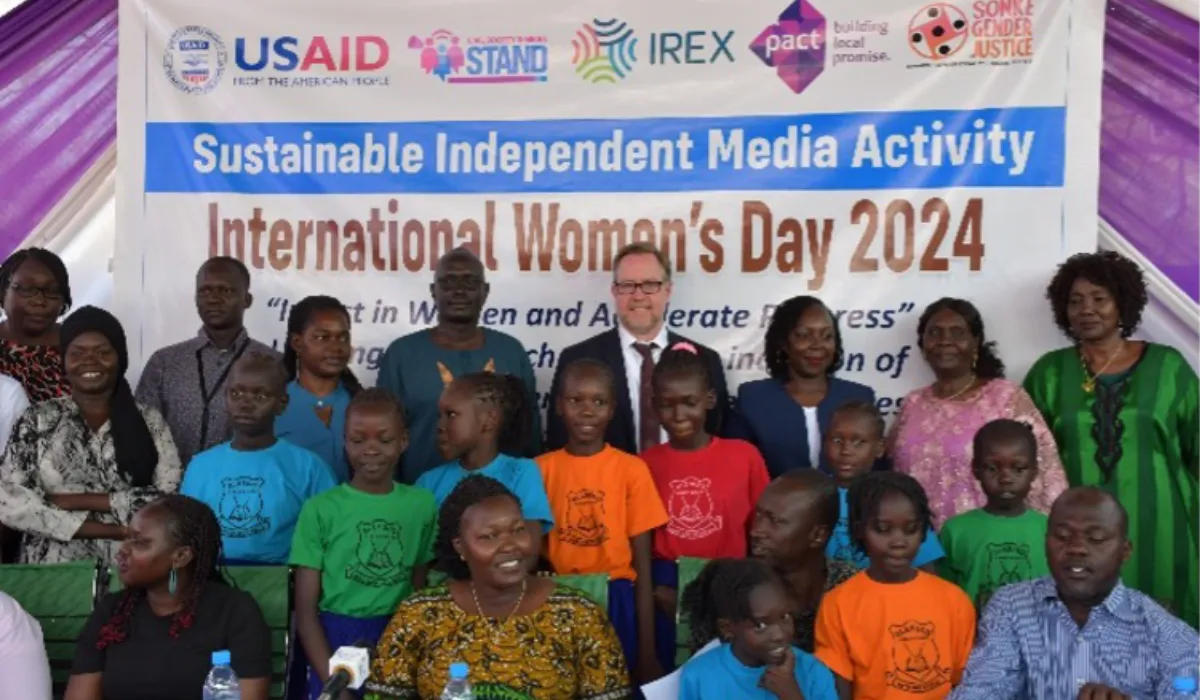
To mark International Women’s Day, Sustainable Independent Media Activity hosted a commemorative event in Juba, South Sudan, under the theme “Invest in Women and Accelerate Progress: Utilizing media-tech to amplify inclusion of women and to foster cross-border synergies”. The event which brought together media practitioners, human rights activists as well as civil society organisations, was […]
USAID Khutlo International Women’s Day moot court and debate
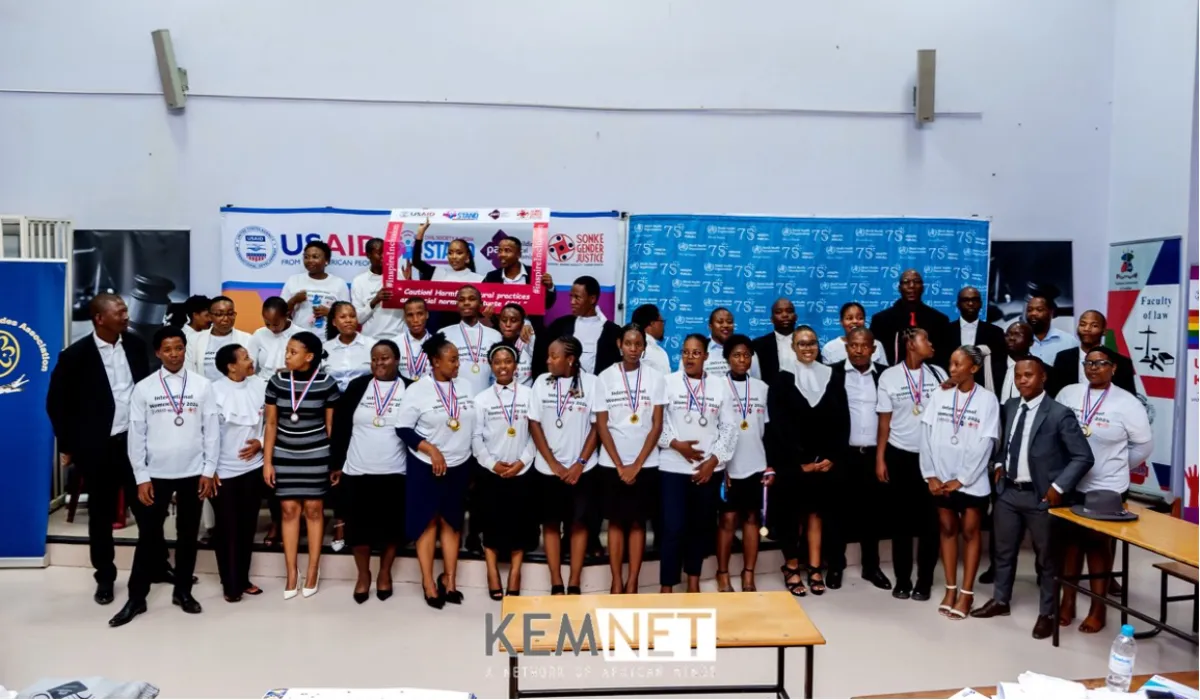
In commemoration of International Women’s Day 2024, USAID Khutlo in collaboration with the International Human Rights Lab and National university of Lesotho faculty of Law, convened a moot court and debate session in Maseru Lesotho, under the theme Inspire Inclusion. The purpose of which was to interrogate and evaluate the legal and policy scope in […]
Sonke Gender Justice at CSW68

We are delighted to announce our participation in the upcoming Commission on the Status of Women’s Rights(CSW68), focusing on priority theme, ‘Accelerating the achievement of gender equality and the empowerment of all women and girls by addressing poverty and strengthening institutions and financing with a gender perspective‘, which will take place from March 11 to […]
16 Days of Activism against gender-based violence on women and girls highlights
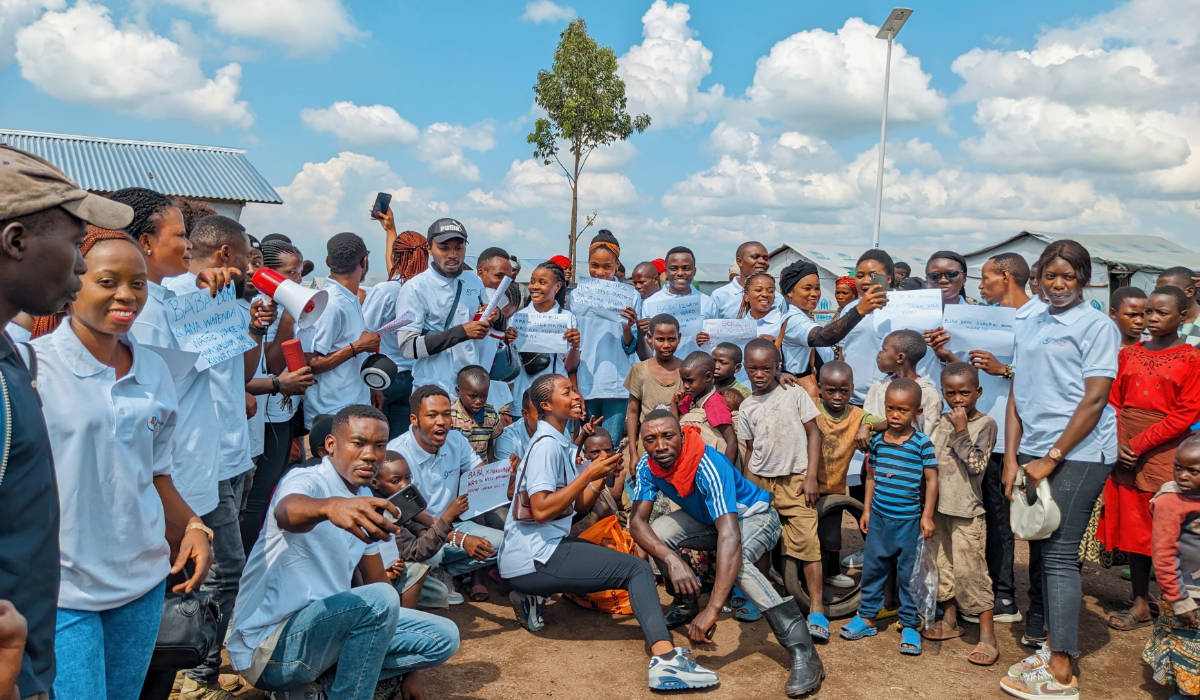
The Global 16 Days Campaign is a crucial worldwide movement that aims to put an end to the violence that women and girls face daily. This campaign is a call to action that unites individuals and organizations across the globe in the fight against gender-based violence. To commemorate this significant period, MenEngage Africa partners came […]
Joint advocacy planning session aimed at engaging male allies for feminist peace in Africa
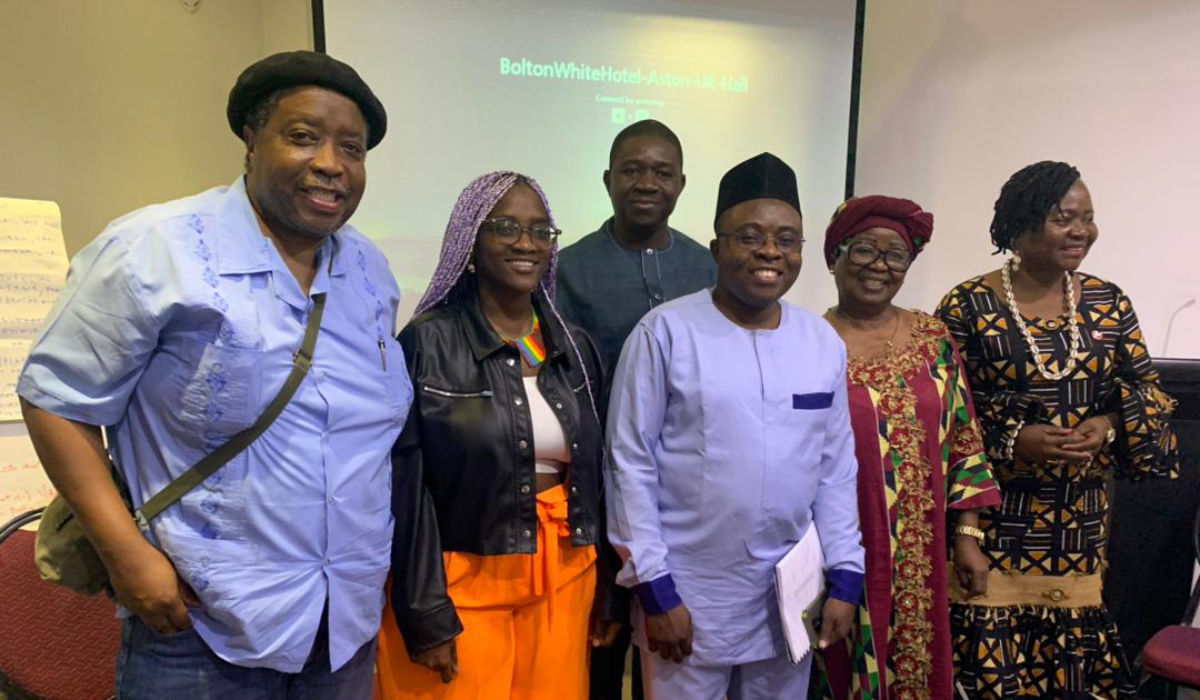
Sonke Gender Justice, MenEngage Africa, and the Women’s International League for Peace and Freedom (WILP) organized a summit in Abuja, Nigeria, from December 5th to December 8th, 2014. The aim of this regional meeting was to review and validate the Men, Militarism, Peace, and Security Strategy that was produced by MEA in collaboration with WILPF. […]
Generation Gender South African Coalition empowers men to tackle mental health and gender-based violence

The Generation Gender (Gen G) South African Coalition hosted the second installment of the “Moments with Men” national campaign. The campaign aimed to address the pressing issue of escalating male suicide rates and promote better mental health among men. The theme for this year’s campaign was ‘Men at Work,’ and it sought to empower men […]
MenEngage Africa and Sonke Gender Justice host SRHR Symposium in Boksburg, South Africa

The MenEngage Africa Sexual Rights Health and Rights(SRHR) Learning and Exchange Symposium which took place from the 21st to the 23rd of October in Johannesburg South Africa, was an important event that focused on the theme of “SRHR for All: Building a Better Future for Africa’s Youth.” The symposium brought together a diverse range of […]
Power To Youth Festival Uganda 2023
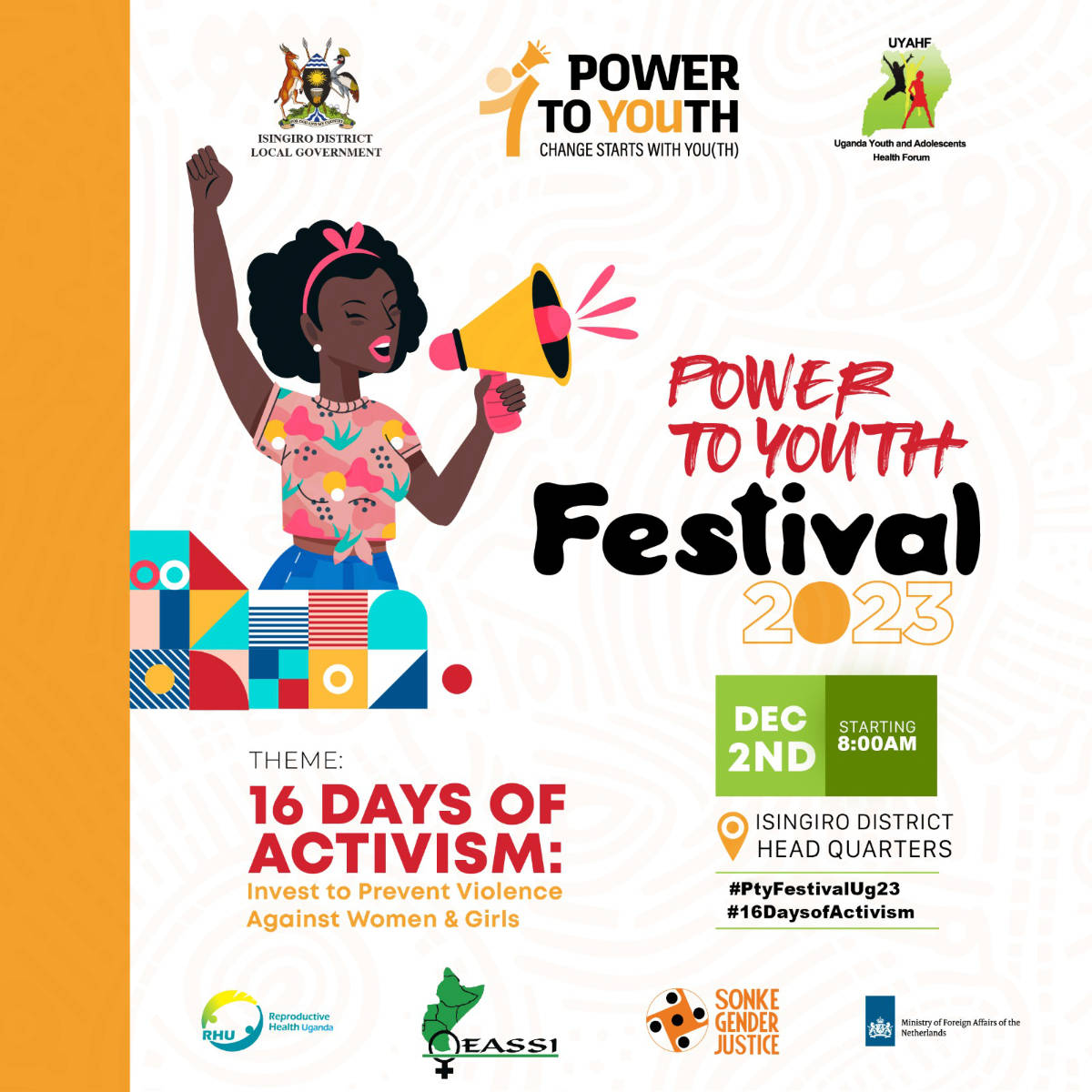
Power To You(th) Uganda is excited to bring to you one of the country’s biggest youth festivals, dubbed “Power To Youth Festival 2023,” happening on December 2 in Isingiro district, Western Uganda. The festival has been organized by one of our consortium partners, the Uganda Youth and Adolescent Health Forum (UYAHF), under the theme: 16 […]
Sonke’s quarterly donor’s corner
We are thrilled to express our sincere gratitude and appreciation to Sida, a cherished ally in our journey as Sonke gender Justice and and MenEngage Africa. Sida is Sweden’s government agency for development cooperation which strives to reduce poverty and oppression around the world. In cooperation with organisations, government agencies and the private sector, Sida […]
The MenEngage Africa “Khopotso Bodibe” Media Award!
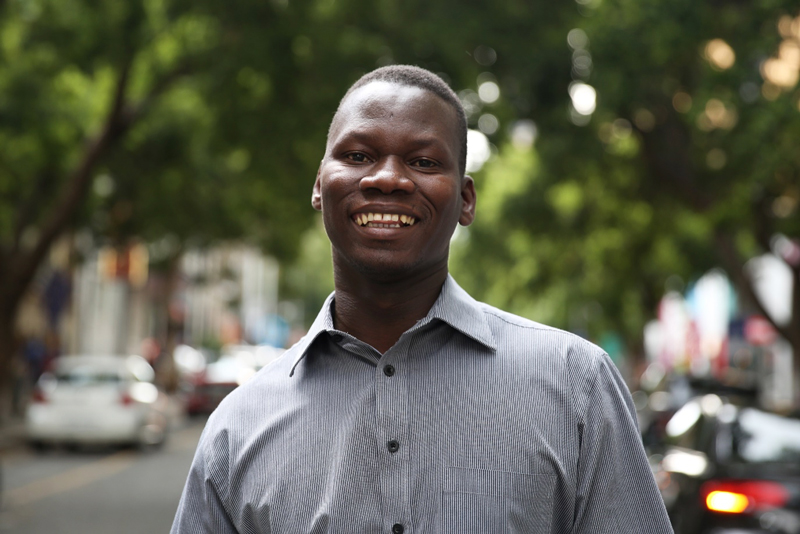
Background The MenEngage Africa “Khopotso Bodibe Media Award” was established to honour the remarkable life of Sonke’s former Communications and Media Specialist, the late Kgopotso Bodibe, who also supported MenEngage Africa members and recognized journalists in the region who work tirelessly in the field of human rights. Bodibe also worked for broadcast Radio Channel Africa, […]
The third MenEngage Africa symposium sparks a renewed commitment to the fight for gender equality in Africa!
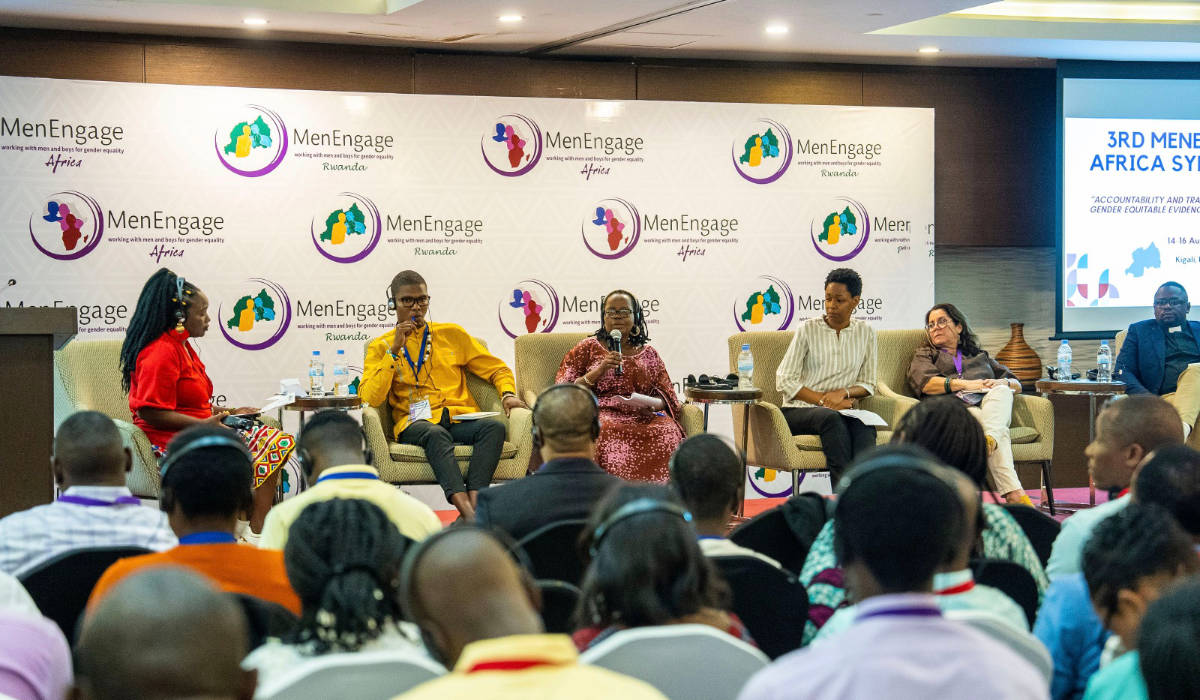
The 3rd annual MEA symposium was held in August this year under the theme: “Accountability and Transformation through Gender-Equitable Evidence-Based Programming”. Jointly organised by MenEngage Africa, Sonke Gender Justice and Rwanda Men’s Resource Centre-RWAMREC, the hybrid event brought together about one hundred and fifty participants off and online Delegates at the symposium included MenEngage Africa […]
USAID/Khutlo activity launch and Stakeholder Consultative Meeting, Maseru Lesotho, August 2023

USAID / Khutlo consortium partners Pact and Sonke Gender Justice, under the Civil Society and Media-Strengthened Together and Advancing in New Directions (CSM- STAND) convened a three-day stakeholder consultation and official launch of the USAID/Khutlo activity project from the 28th to the 30th day of August 2023 in Maseru, Lesotho. The project aims to reduce […]
Women Deliver 2023 reflections
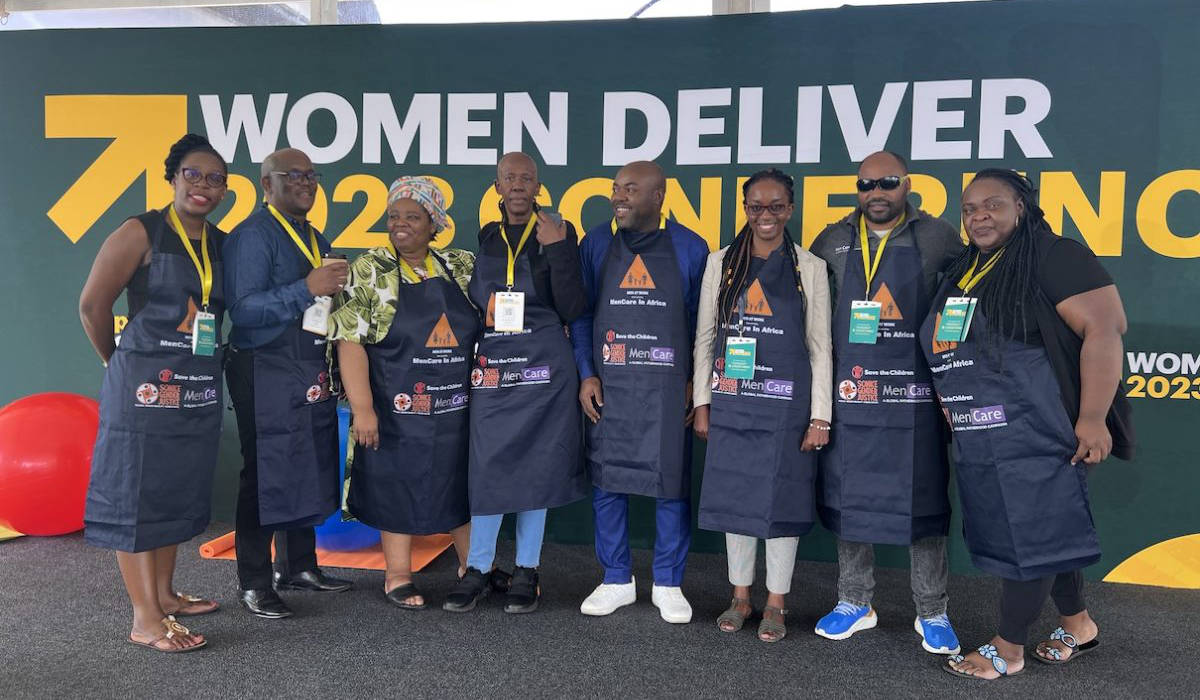
Sonke Gender Justice and Men Engage Africa participated at the Women Deliver 2023 conference which took place in Kigali, Rwanda in July. The conference gathered over six thousand, three hundred women’s rights advocates from around the world, to engage on gender equity, sexual and reproductive health, and rights (SRHR) and women’s rights. The conference which […]

